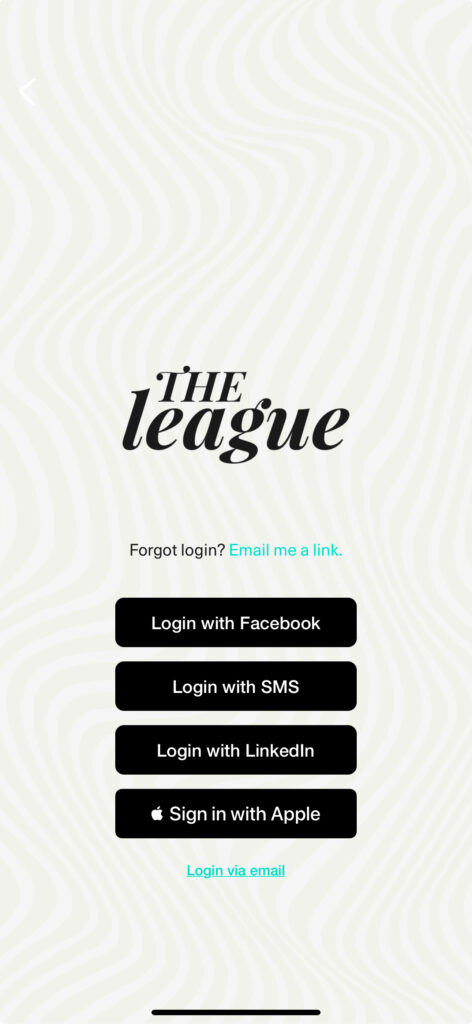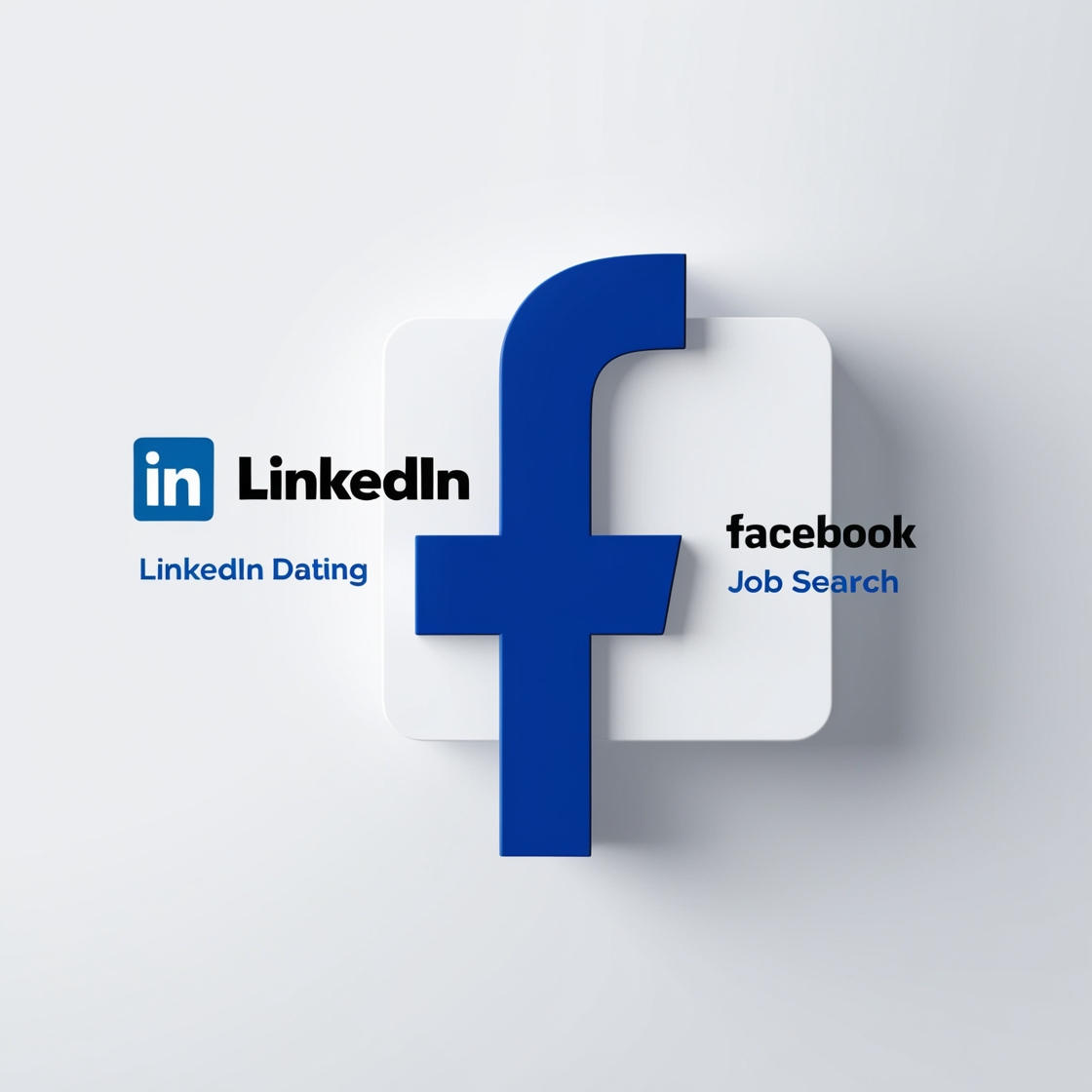When we think of LinkedIn, we picture polished profiles, professional accolades, and career milestones.
Conversely, Facebook conjures images of family reunions, vacation snapshots, and local community chatter.
Yet, a deeper look at their user bases and behaviors reveals a surprising twist: LinkedIn is the de facto elite dating pool, while Facebook serves as an unstructured but effective job board for blue-collar workers.
A Tale of Two Networks
LinkedIn: The platform boasts 310 million monthly active users, most of whom are professionals with college degrees.
It’s a space for networking, but let’s face it—many users subtly (or overtly) use it as a dating platform. Elite dating apps like The League now integrate LinkedIn sign-ins, emphasizing this dynamic.
The idea of finding a partner who shares professional ambition isn’t far-fetched; LinkedIn already has the foundation to formalize it.

Facebook: With a staggering 3 billion monthly active users, Facebook’s reach is unparalleled. What’s less obvious is its role in connecting blue-collar workers with job opportunities.
Scroll through any local community group, and you’ll see posts like “Looking for a plumber?” or “Need a truck driver for a short-term gig.” Electricians, landscapers, and other tradespeople thrive in Facebook’s decentralized yet vibrant ecosystem.

The Glaring Gap
- LinkedIn’s Missed Opportunity: A Dating Offshoot
LinkedIn’s primary focus on professional connections gives it a natural edge in fostering romantic relationships between like-minded individuals.
By leveraging its existing user base and trust metrics (shared degrees, endorsements, etc.), LinkedIn could create a dating platform tailored for professionals. The second-degree network effect—introductions via shared professional circles—could be groundbreaking. - Facebook’s Missed Opportunity: A Jobs Platform for Trades
While Facebook Marketplace is already a hub for buying and selling, the platform could formalize its role in connecting workers with gigs.
A dedicated job-matching feature for blue-collar roles, backed by community recommendations and group activity, could tap into a massive, underserved market.
Why This Matters?
The second and third-degree network effects of these businesses are enormous, yet severely underutilized.
A LinkedIn dating offshoot could integrate seamlessly with its existing platform, turning casual connections into meaningful partnerships.
Similarly, a Facebook jobs platform could standardize what’s already happening organically, adding structure and trust to local economies.
Both platforms have the infrastructure, the users, and the trust—what they need is the vision to formalize these opportunities.
Get freshly brewed hot takes on Product and Investing directly to your inbox!

